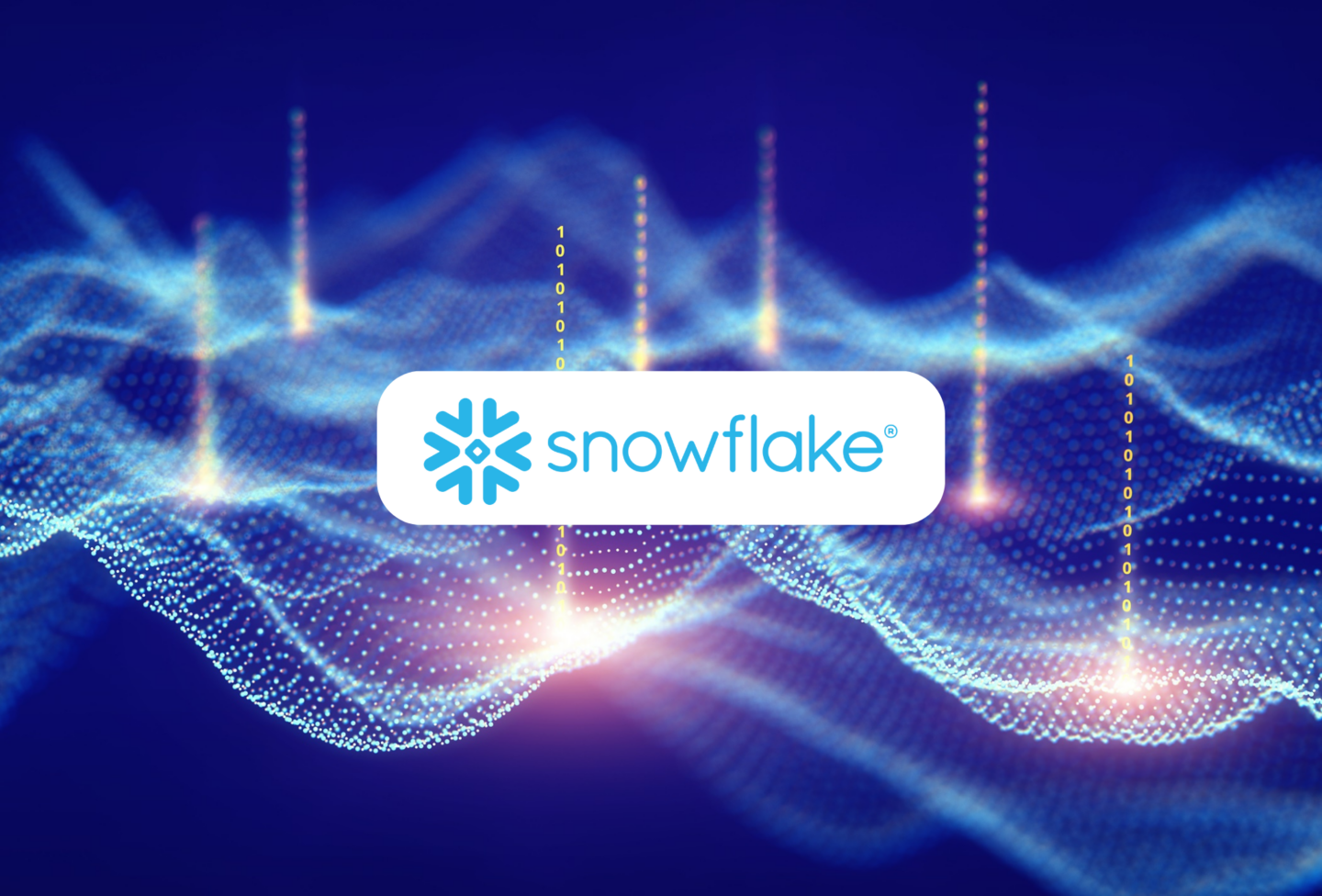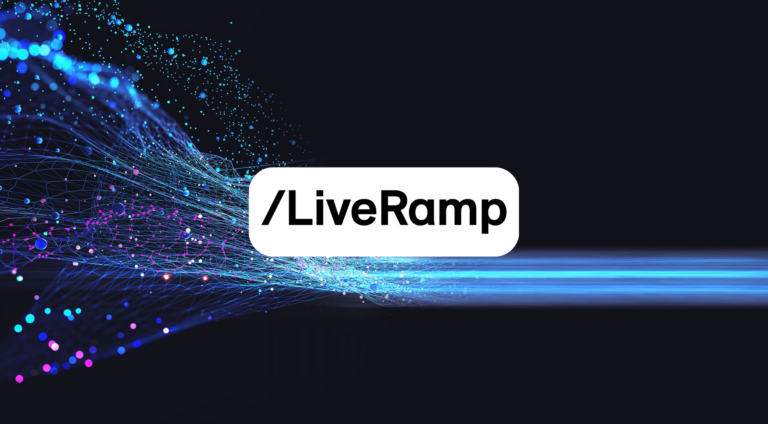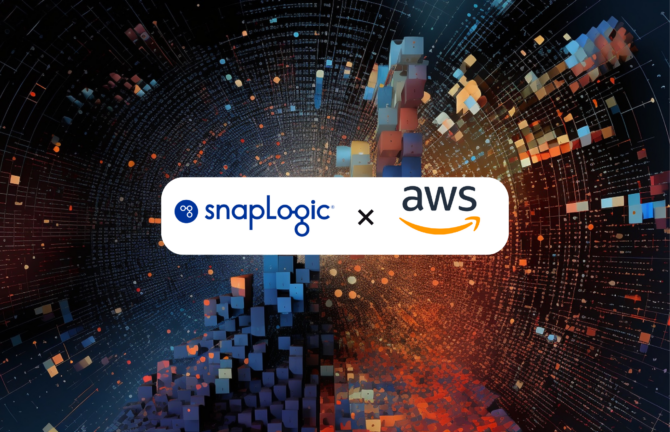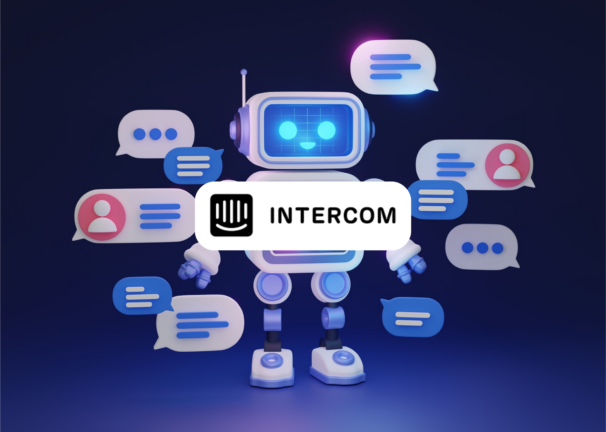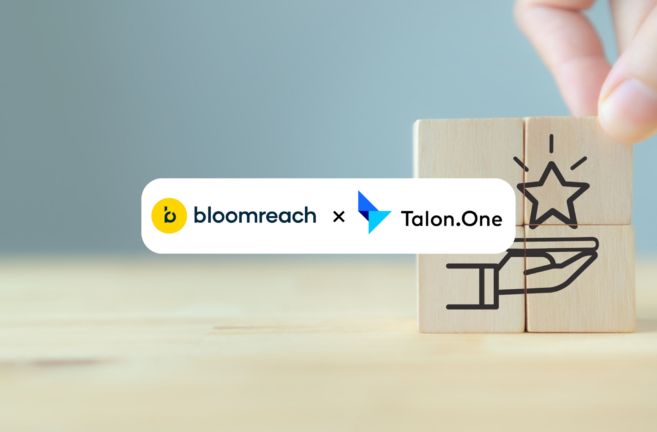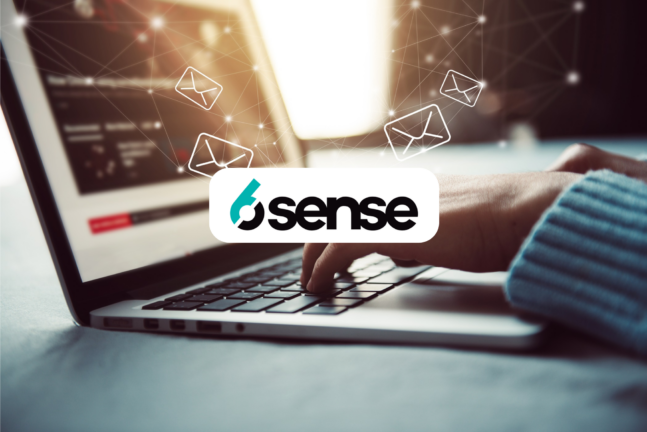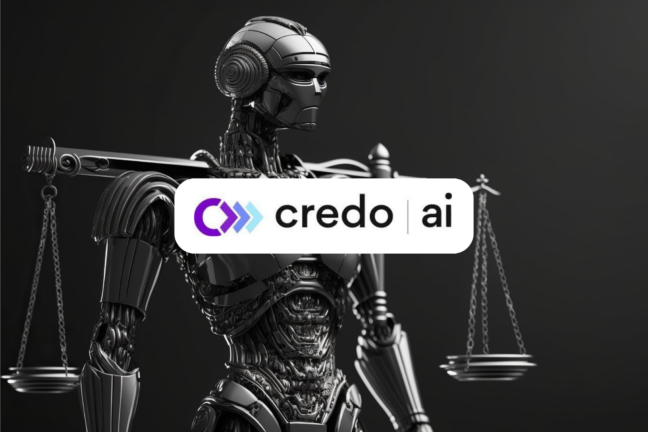During the Snowday 2023 event, Snowflake unveiled several improvements to streamline the process for developers to create machine learning models and full-stack applications in their Data Cloud platform. They are enhancing their Python capabilities with Snowpark to improve efficiency, promote collaboration, and expedite the entire AI and machine learning workflow. Furthermore, Snowflake now supports containerized workloads and offers enhanced DevOps capabilities, allowing developers to speed up app development and run applications securely within Snowflake's fully managed infrastructure.
“The rise of generative AI has made organizations’ most valuable asset, their data, even more indispensable. Snowflake is making it easier for developers to put that data to work so they can build powerful end-to-end machine learning models and full-stack apps natively in the Data Cloud. With Snowflake Marketplace as the first cross-cloud marketplace for data and apps in the industry, customers can quickly and securely productionize what they’ve built to global end users, unlocking increased monetization, discoverability, and usage,” said Prasanna Krishnan, Senior Director of Product Management, Snowflake.

Assisting developers with end-to-end machine learning
Snowflake remains committed to enhancing Snowpark, a secure platform for deploying and processing non-SQL code. As of September 2023, more than 35% of Snowflake customers are actively using Snowpark on a weekly basis. Developers are turning to Snowpark for intricate machine learning model development and deployment, and Snowflake is introducing additional features that make Snowpark more user-friendly.
Furthermore, Snowflake is introducing a new feature, "Snowflake Notebooks," currently in private preview, to provide a fresh and interactive programming environment for users who work with Python and SQL, allowing users to seamlessly explore, process, and experiment with data in Snowpark. Within Snowflake's unified and secure platform, developers can use these built-in notebooks to write and run code, create and deploy models using Snowpark ML, visualize outcomes using Streamlit chart elements, and perform various other data-related tasks.
The company is also enhancing its Snowpark ML Operations with two significant features. First, the Snowpark Model Registry, soon to be available for public preview, leverages a native Snowflake model entity to enable the scalable and secure deployment and management of models in Snowflake. This includes broader support for deep learning models and open-source large language models (LLMs) from Hugging Face.
Moreover, Snowflake is introducing the integrated Snowflake Feature Store, currently in private preview, to serve as a one-stop solution for creating, storing, managing, and providing machine learning features required for model training and inference.
Enhancing capabilities across the app lifecycle
Snowflake's Native App Framework is set to become widely available on AWS and will soon be in public preview on Azure. It equips organizations with essential tools for app development, including distribution, operation, and monetization within Snowflake's platform. As Snowflake continues to enhance developer capabilities throughout the app lifecycle, more organizations can drive business impact.
For instance, LiveRamp has seen an 80% increase in customers deploying its Identity Resolution and Transcoding Snowflake Native App through Snowflake Marketplace since June 2022. Moreover, SNP has enabled customers to reduce Snowflake data processing costs by 10x for SAP data ingestion, improving data latency and SAP data availability through SNP's Data Streaming for SAP - Snowflake Native App.
Additionally, Snowpark Container Services will soon be available for public preview in select AWS regions, allowing developers to run various app components, including ML training, LLMs, and APIs, without the need to move data or manage complex container-based infrastructure.
Automating DevOps for apps and data pipelines
Snowflake is introducing tools to help developers streamline essential DevOps and observability tasks when creating, deploying, monitoring, and running their applications and data pipelines. These tools aim to accelerate the journey from concept to production. With the upcoming private preview of Snowflake's Database Change Management features, developers can employ a declarative approach and create templates to efficiently manage Snowflake objects across different environments. These features act as a central reference for creating objects in various environments, utilizing the "configuration as code" approach commonly used in DevOps to automate the provisioning and updating of Snowflake objects.
